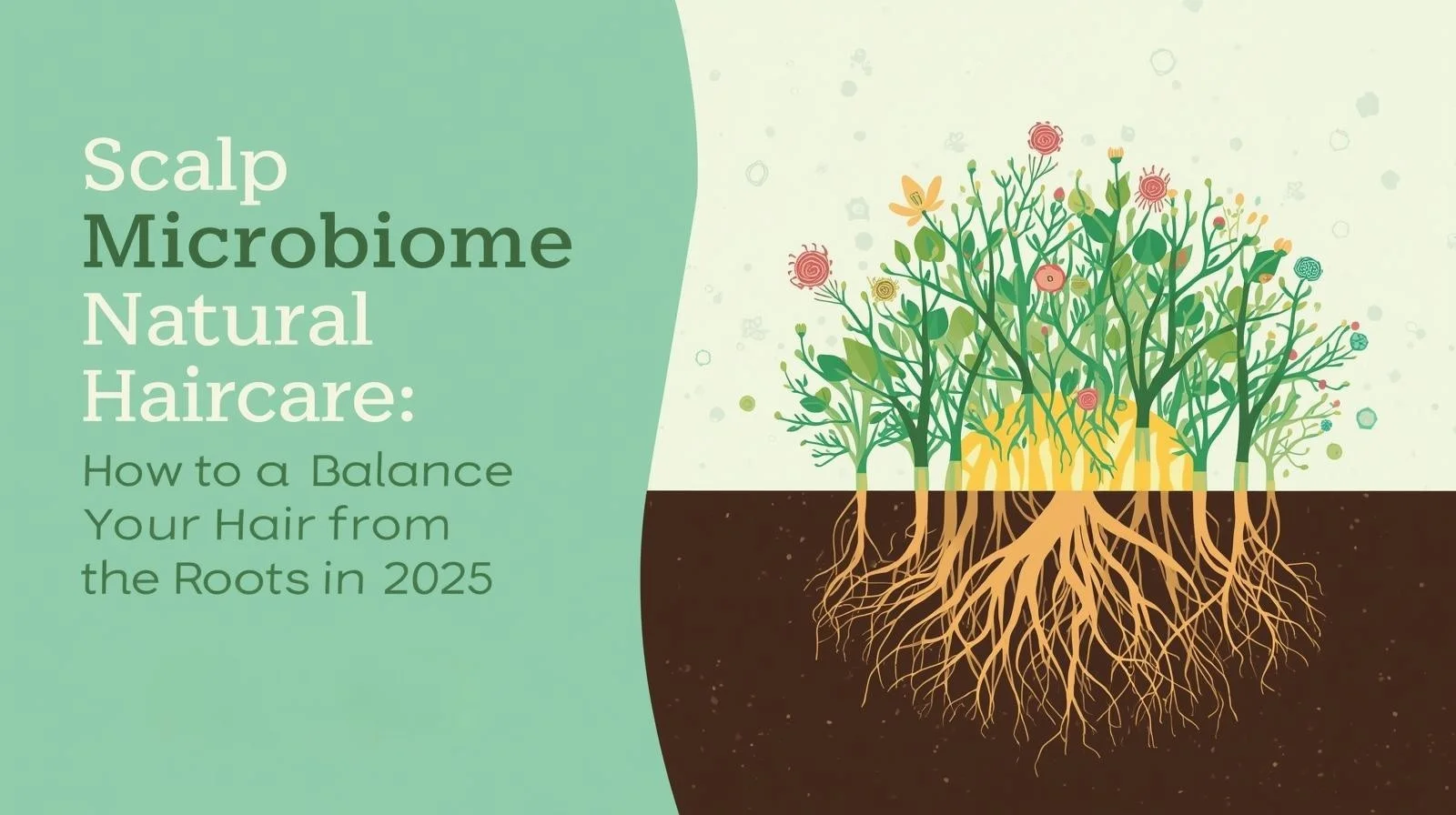And, one of the most influential internal factors affecting skin health is hormones. Hormones play a crucial role in maintaining the overall well-being of the skin.
In this article, we’ll understand in detail the relationship between hormones and the skin and explore how hormonal fluctuations can impact skin health and finally what needs to be done.
Table of contents:
- Understanding hormones
- Understanding hormone fluctuations
- Managing skin for hormonal changes
- Conclusion
By adopting appropriate skincare routines, maintaining a balanced diet, and effectively managing stress, you can minimize the adverse effects of hormonal changes on your skin.
Consult with dermatologists as they can provide you with valuable insights and personalized recommendations for managing hormone-related skin concerns.
Achieving and maintaining healthy skin is a holistic process that involves both internal and external factors, with hormones being a central piece of the puzzle.
So, let’s into the core of it.
Understanding Hormones:
Hormones are chemical messengers produced by various glands in the body, including the pituitary gland, thyroid gland, adrenal glands, and the ovaries and testes. These messengers regulate numerous bodily functions, and their fluctuations can significantly affect the skin.
Estrogen and Progesterone:
-
Estrogen and progesterone, primarily produced by the ovaries have a profound impact on the skin.
-
These hormones are crucial for maintaining optimal skin thickness, elasticity, and hydration levels.
-
As women go through various life stages like puberty, menstruation, pregnancy, and menopause, fluctuations in estrogen and progesterone levels can lead to noticeable dermatological shifts.
-
These changes lead to changes in skin moisture, suppleness, and the formation of wrinkles and fine lines.
Androgens:
-
Androgens, including testosterone, are responsible for regulating oil production in the skin.
-
When these hormones become imbalanced, as is common during puberty or certain medical conditions, it can lead to increased sebum production.
-
Excess oil can contribute to acne, blackheads, and other skin conditions.
Thyroid Hormones:
-
The thyroid gland controls metabolism and, consequently, the rate at which the skin regenerates and repairs itself.
-
An overactive or underactive thyroid can cause skin issues such as dryness, flakiness, or excessive sweating.
Stress Hormones:
-
Stress hormones, including cortisol, are released in response to stress.
-
Elevated cortisol levels can lead to various skin problems, such as increased oil production, exacerbating acne, and reducing the skin’s ability to repair and regenerate.
Understanding Hormonal Fluctuations
Hormonal changes can adversely affect the skin health. Various aspects are leading to fluctuations in hormones.
Puberty:
-
Adolescence is marked by significant hormonal changes, leading to an increase in sebum production.
-
This excess oil can clog pores, resulting in acne breakouts. Proper skincare during this period is crucial to manage these skin issues effectively.
Pregnancy:
-
Pregnancy is a time of dramatic hormonal fluctuations, primarily due to increased estrogen and progesterone levels.
-
While some women experience the “pregnancy glow” with radiant skin, others may develop conditions like melasma (dark patches on the skin) and stretch marks.
Menopause:
-
As women enter menopause, estrogen levels decrease significantly.
-
This can lead to a decrease in collagen production and skin thickness, causing wrinkles and dryness.
-
Women adapt their skincare routines to address these changes and minimize their impact.
Menstrual Cycle:
-
Hormonal changes during the menstrual cycle can lead to skin changes, such as breakouts and increased oiliness.
-
Understanding these cyclical variations can help women manage their skincare more effectively.
Managing Skin For Hormonal Changes
There are measures you can take to care for your skin. Hormonal imbalance requires extra care for the skin.
Cleansing:
-
A proper cleansing routine is essential to remove excess oil and impurities.
-
Use a gentle, sulfate-free cleanser to prevent over-drying, which can stimulate the skin to produce even more oil.
-
Cleanse your face twice daily, morning and night.
Exfoliation:
-
Exfoliation is vital to remove dead skin cells, preventing clogged pores and promoting skin renewal.
-
Those with dry or sensitive skin may prefer a milder exfoliant.
Moisturizing:
-
Maintaining skin hydration is key to a healthy complexion.
-
Choose a moisturizer that matches your skin type – lighter ones for oily skin and richer, hydrating products for dry skin.
-
During menopause, opt for moisturizers with ingredients like hyaluronic acid to combat dryness.
Sun Protection:
-
UV radiation can worsen the effects of hormonal changes on the skin.
-
Always wear sunscreen with at least SPF 30 to shield your skin from UV damage.
-
Consider using a broad-spectrum sunscreen to protect against both UVA and UVB rays.
Diet and Hydration:
-
A balanced diet rich in antioxidants and essential nutrients can support overall skin health.
-
Staying well-hydrated is also crucial to maintain skin moisture and elasticity.
Hormone Therapy:
-
In some cases, hormone therapy may be recommended to manage severe hormonal imbalances.
-
This can include oral contraceptives for managing acne or hormone replacement therapy during menopause.
Stress Management:
-
Practicing stress-reduction techniques such as yoga, meditation, and deep breathing exercises can help maintain hormonal balance and improve overall skin health.
Hormone-Based Skincare:
-
Hormone replacement therapy (HRT) may be an option for women going through menopause to restore hormonal balance and improve skin health.
-
Discuss HRT with a healthcare professional to determine if it’s suitable for you.
Conclusion:
Hormones play a significant role in skin health, impacting its appearance and function throughout a person’s life. Understanding the connection between hormonal fluctuations and skin issues is essential for managing and nurturing healthy skin.
If you’re not a part of our amazing family, you’re missing out. Join us today and start your natural skincare and haircare journey and get help from other community members. 😊






